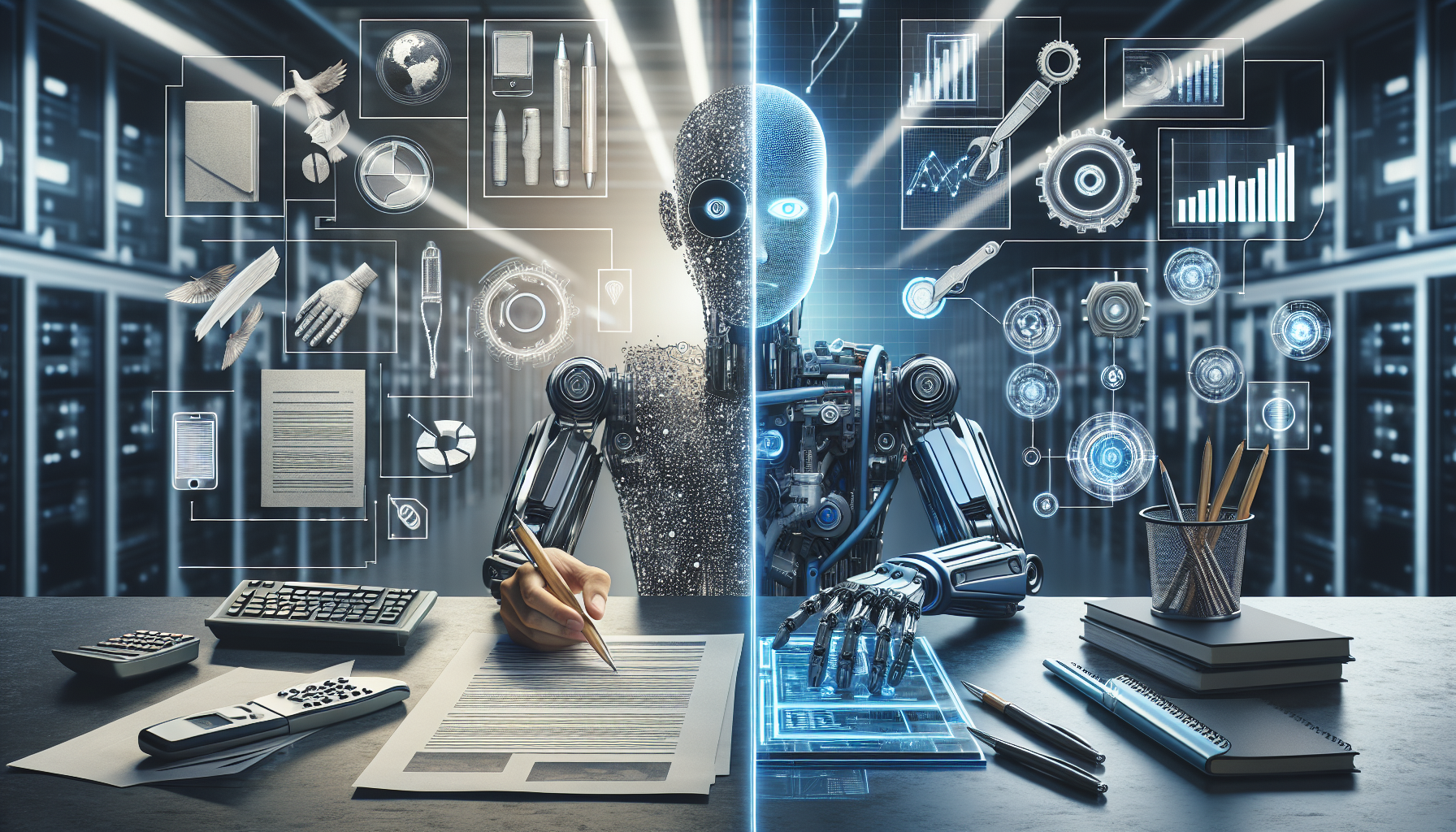
How Artificial Intelligence is Revolutionizing Consumer Behavior: A Comparative Analysis
October 11, 2025
Artificial intelligence is not just a technological advancement; it’s a transformative force reshaping the way consumers behave across the globe. From personalized shopping experiences to predictive consumer insights, AI is redefining the parameters of engagement between consumers and brands. But how exactly is AI influencing consumer behavior, and what does this mean for the future of commerce?
Imagine walking into a store where every item on display seems to be handpicked just for you. This isn't a scene from a futuristic movie but a reality made possible today by AI. With the ability to analyze vast amounts of data instantaneously, AI can predict consumer preferences with uncanny accuracy. This data-driven approach doesn't just benefit consumers through tailored experiences but also empowers businesses to optimize their operations, enhancing overall customer satisfaction.
Let's delve into a comparative analysis of how AI's influence on consumer behavior varies across different industries.
In the retail sector, AI is a game-changer. Through sophisticated algorithms, AI can track purchasing patterns, browsing history, and even social media activity to create personalized recommendations. This level of customization was previously unimaginable. Consider how e-commerce giants now offer a seamless shopping experience that feels uniquely personal—like a digital personal shopper who knows your taste better than you do. The effectiveness of these AI-driven recommendations is evident in increased conversion rates and customer retention.
Contrast this with the travel industry. Here, AI is revolutionizing how consumers plan and experience their journeys. From chatbots providing real-time assistance to predictive analytics forecasting travel trends, AI enhances convenience and personalization at every step. Consumers can now receive tailored travel itineraries that consider their preferences for leisure, adventure, or cultural experiences. This personalization extends to dynamic pricing models that adjust in real time, ensuring travelers get the best possible deals based on fluctuating demand and personal buying behavior.
In the financial sector, AI's influence is profound and multifaceted. Robo-advisors are democratizing investment opportunities by offering personalized advice traditionally reserved for high-net-worth individuals. These AI-driven systems analyze market trends, assess risk profiles, and suggest optimal investment strategies, making financial planning accessible to a broader audience. Consumers benefit from reduced fees and increased transparency, leading to a more informed and empowered clientele.
While the benefits of AI in these sectors are clear, it's crucial to consider the implications of this technology on consumer privacy. The very algorithms that provide personalized experiences require access to vast amounts of personal data. As AI systems become more sophisticated, the ethical considerations surrounding data usage and consumer consent become more pressing. There's a delicate balance between leveraging AI for enhanced consumer experiences and safeguarding privacy rights.
Another aspect worth examining is the role of AI in shaping consumer expectations. As AI continues to deliver increasingly personalized experiences, consumers are beginning to expect this level of service as the norm. This shift in expectations places pressure on businesses across industries to adopt AI technologies to remain competitive. Companies that fail to integrate AI into their operations risk falling behind, as consumers gravitate towards brands that offer the convenience and personalization they've come to expect.
Furthermore, the influence of AI on consumer behavior extends to the way consumers interact with brands. Social media platforms, powered by AI, analyze user behavior to offer targeted advertising that aligns with individual interests. This not only enhances the relevance of marketing efforts but also encourages a more interactive and engaging brand-consumer relationship. As consumers feel more understood and valued, brand loyalty strengthens, leading to long-term business success.
However, it's essential to recognize that the integration of AI is not without its challenges. Businesses must navigate the complexities of AI implementation, including the need for skilled personnel, substantial investments, and the constant evolution of technology. Despite these challenges, the potential rewards in terms of consumer engagement and business growth make AI an indispensable tool for the modern marketplace.
As AI continues to evolve, its impact on consumer behavior will only deepen. The question is not whether AI will influence consumer behavior, but how businesses can best harness its potential to create meaningful, ethical, and profitable interactions. In this ever-changing landscape, the key will be to strike a balance between innovation and integrity, ensuring that AI serves as a tool for enhancing human experiences rather than overshadowing them.
What will the future hold as AI technology advances further? Will consumers embrace even deeper levels of personalization, or will privacy concerns reshape the landscape of AI-powered consumer interactions? As we navigate these questions, one thing remains clear: AI is not just influencing consumer behavior—it is transforming it in ways we are only beginning to understand.


